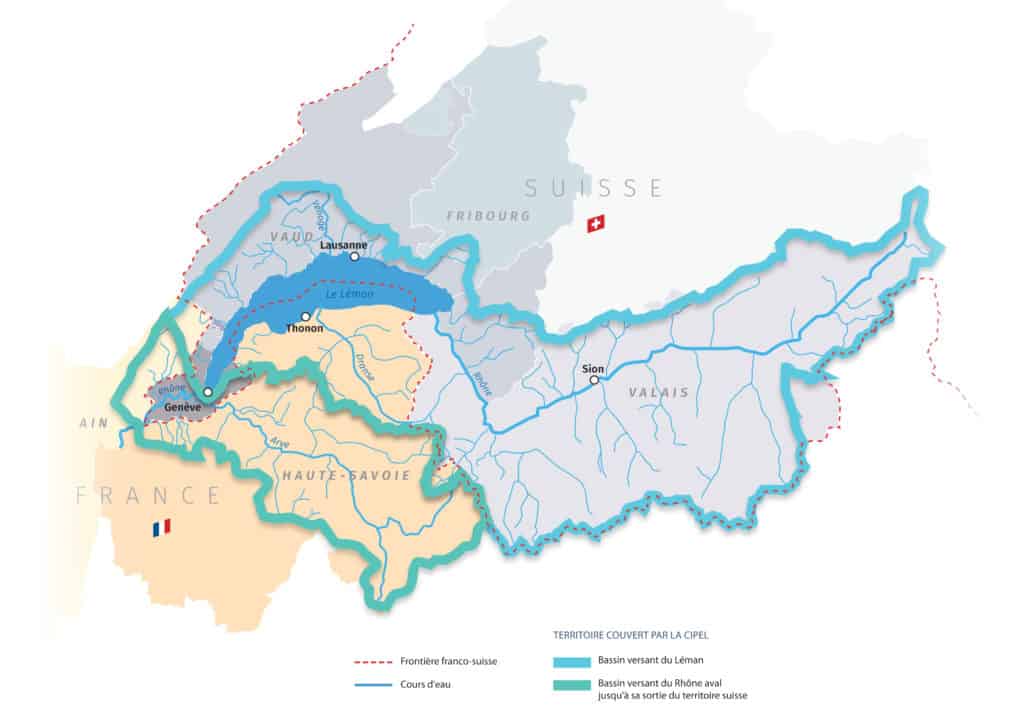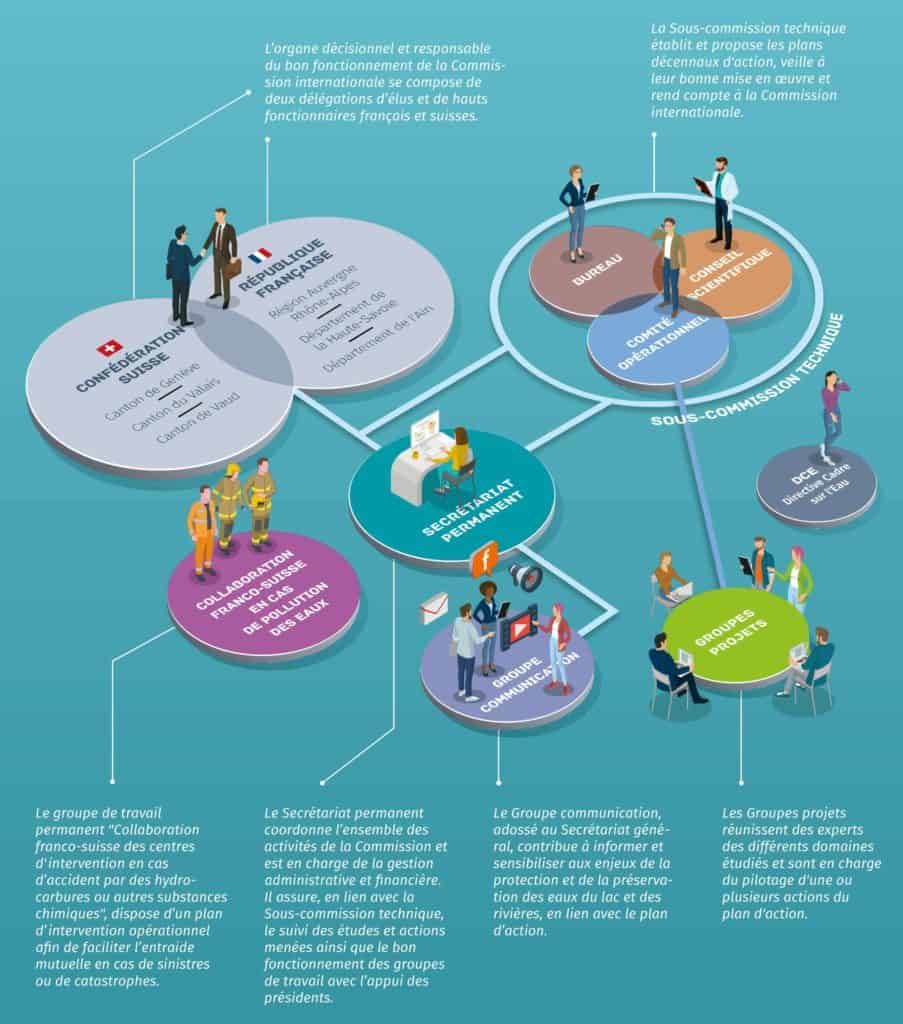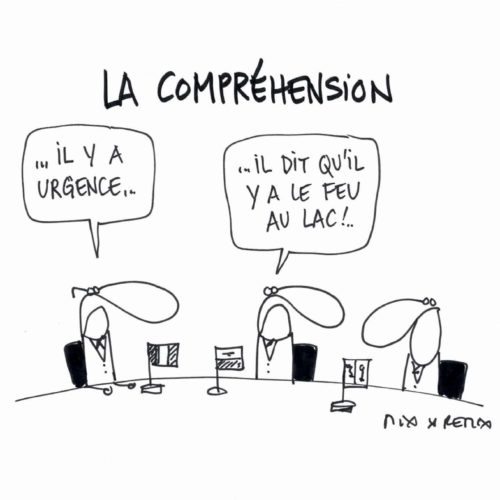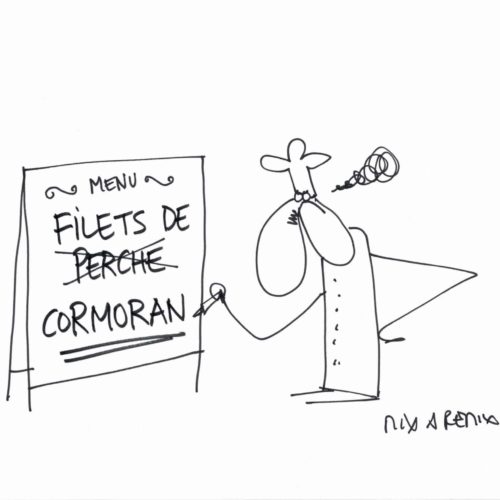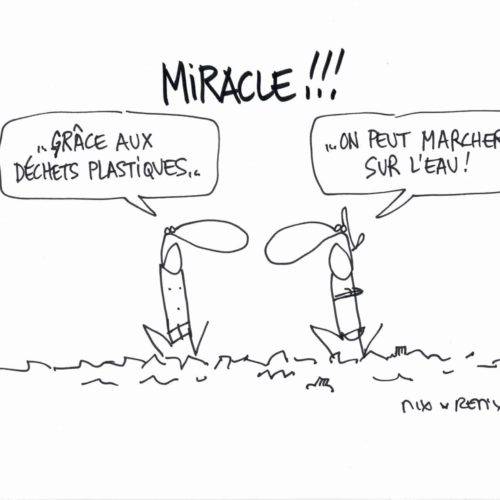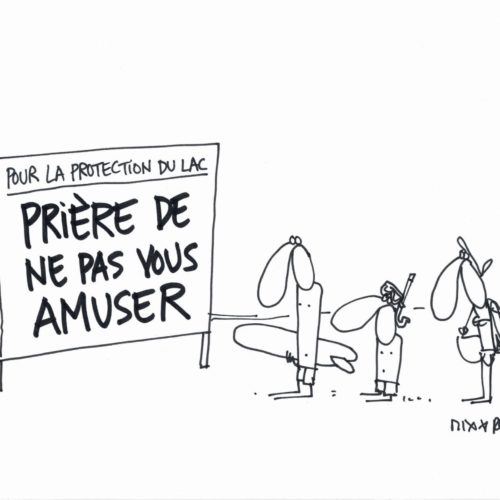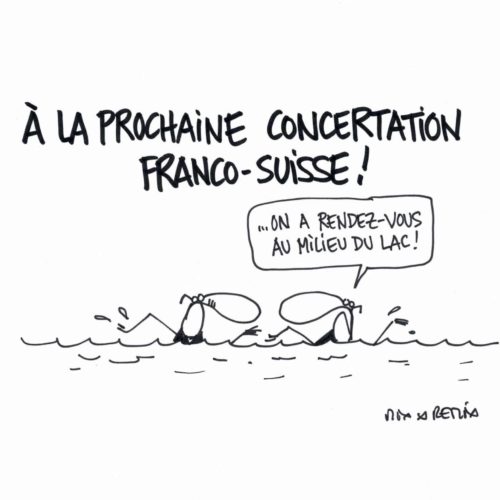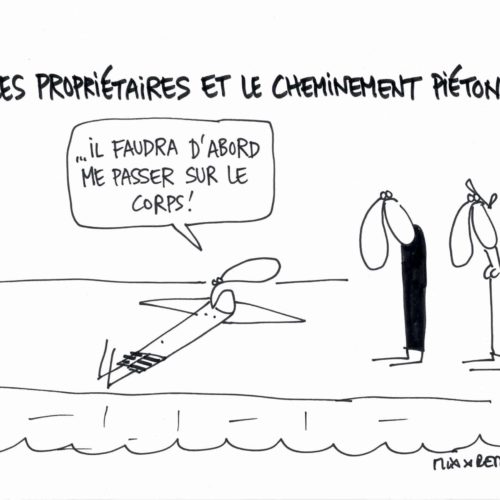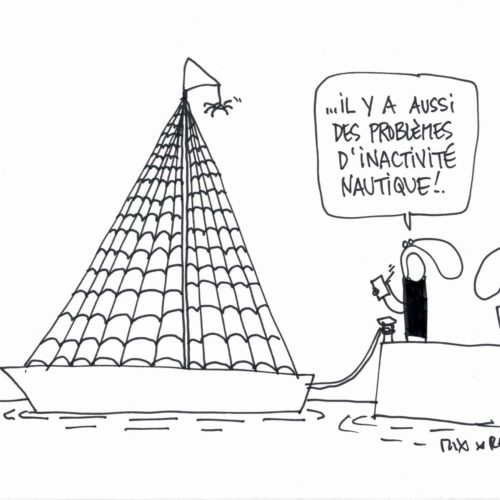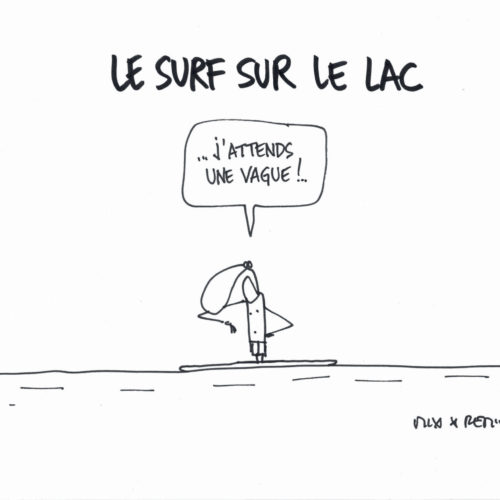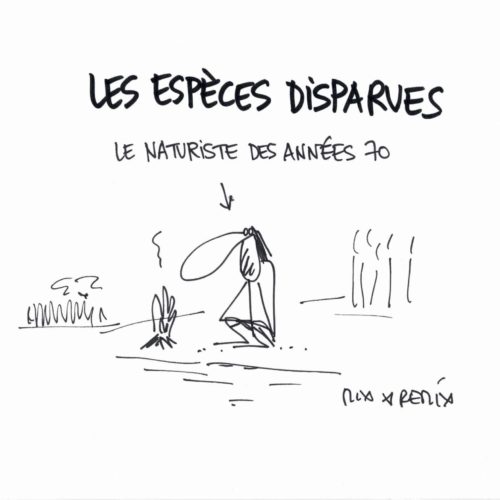Since 1963, the International Commission for the Protection of the Waters of Lake Geneva (CIPEL) has been working as an intergovernmental Franco-Swiss body to coordinate water management and protection in the Lake Geneva basin. This cross-border collaboration encompasses the French departments of Ain and Haute-Savoie, as well as the Swiss cantons of Vaud, Valais and Geneva. CIPEL strives to harmonize environmental policies between France and Switzerland in order to preserve the quality of the water of Lake Geneva, a vital resource for populations and ecosystems.

CIPEL
Franco-Swiss cooperation to preserve the waters of Lake Geneva
Its 4 core missions
MONITOR, WATCH AND WARN
For more than 50 years, CIPEL has been monitoring the lake's water quality on a regular basis. It carries out the studies needed to gain a better understanding of the functioning of aquatic environments and to determine the nature, extent and origin of pollution.
RECOMMEND, AND WHEN NECESSARY AND POSSIBLE, PRESCRIBE
Based on the results of its monitoring and studies, CIPEL draws up recommendations for improving the quality of water and aquatic environments, which it sends to the Swiss and French governments.

MANAGING AND COORDINATING PLAYERS
CIPEL federates all Swiss and French partners over the long term. It organizes multi-stakeholder meetings to promote the exchange of experience and create synergies between the various players in the water sector.
INFORM AND RAISE AWARENESS
Informing and raising awareness of the issues involved in protecting and preserving the lake's waters is an important mission for CIPEL, which targets a variety of audiences: the general public, associations, elected representatives, the scientific community and CIPEL's institutional partners.
Its objectives
Maintain or restore the ecological quality of water and aquatic environments, in particular by :
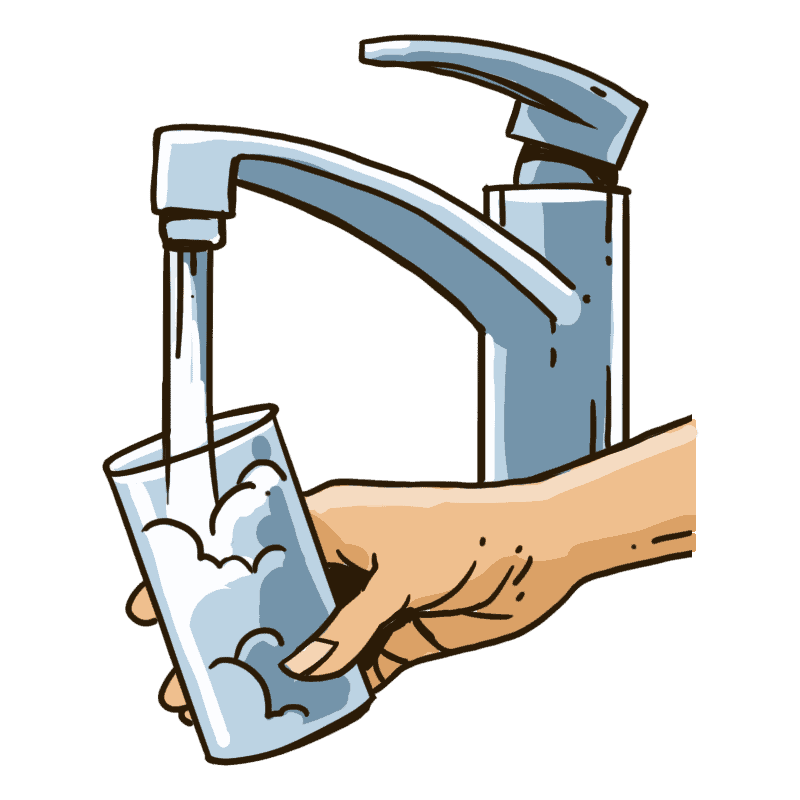
Use of lake water as drinking water after simple treatment

Leisure activities (fishing, swimming, water sports, etc.) in optimal conditions
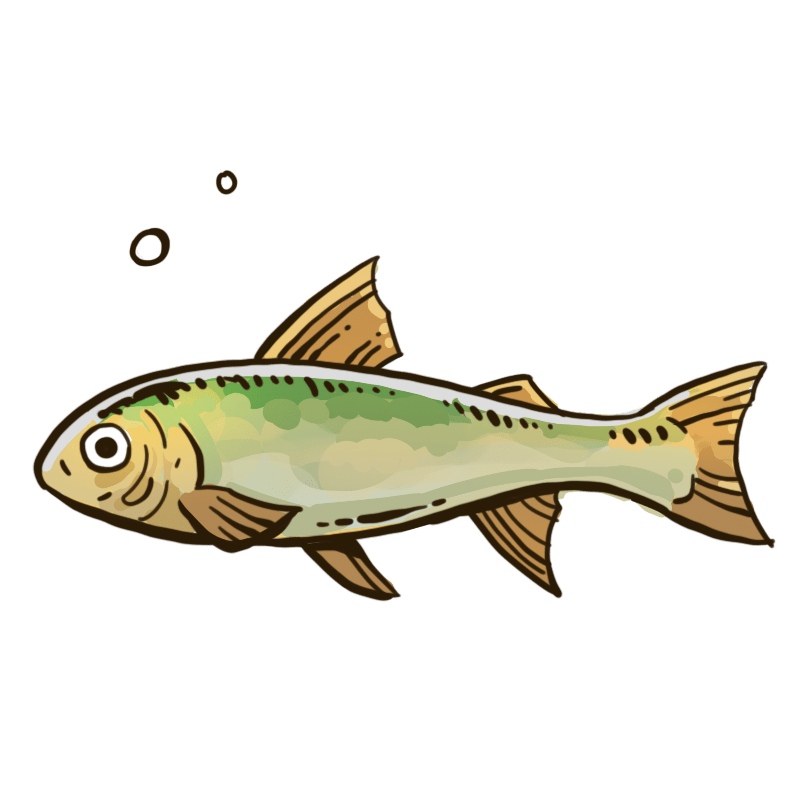
Predominance of noble fish thanks to natural reproduction
"IF YOU DON'T HAVE A VISION, WHAT'S THE POINT OF ADAPTING? WE ADAPT TO A GOAL. FROM A VISION, WE CAN DEFINE A PATH, A ROUTE, A RHYTHM, OTHERWISE WE GET RESTLESS. I'M NOT INTERESTED IN RESTLESSNESS, I'M INTERESTED IN ACTION.
Erik Orsenna, at the "Quelle vision pour le Léman en 2030" meeting
CIPEL celebrates 60 years of existence
A look back at the major challenges and actions
that have marked these 6 decades
Its organization
CIPEL coordinates a vast network of players and skills
It focuses in particular on the fight against pollution from domestic, agricultural, urban and industrial sources, as well as the preservation of natural aquatic environments.
It enables numerous water stakeholders to share knowledge on scientific, technical and governance issues, on a local scale.
Its permanent secretariat
Composed of 4 employees
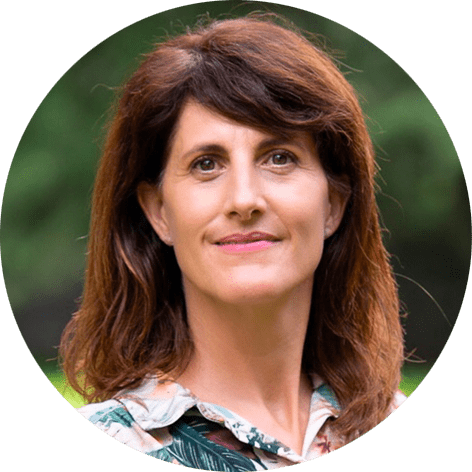
Nicole GALLINA
Corporate Secretary and
Secretarial Manager
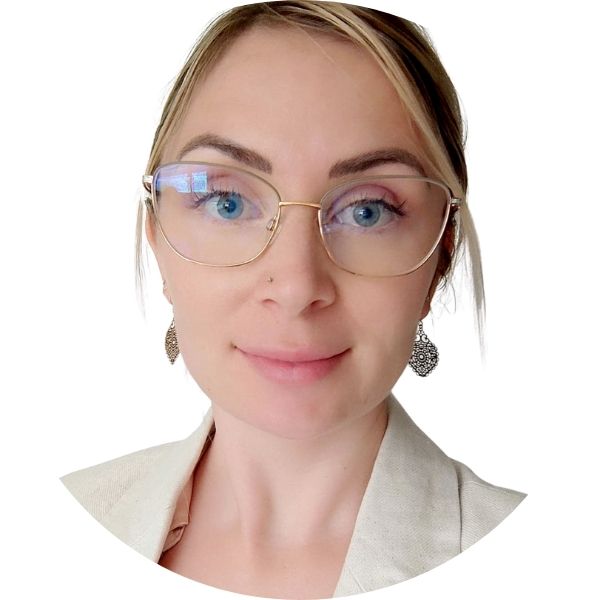
Leslie BONJOUR
Coordinator, Project Manager, Finance, HR and Communications

Giulia MARTI
Scientific collaborator

Hugo BASQUIN
Scientific collaborator

CIPEL French Delegation
Head and President of the Commission :
Fabienne BUCCIO, Prefect of the Auvergne Rhône-Alpes Region (AuRA)
- Cécile BIGOT-DEKEYSER, Prefect of the Ain department
- Aurélie CHARILLON, Ain Departmental Councillor
- Serge DELSANTE, Auvergne Rhône-Alpes Regional Councillor
- Jean-Philippe DENEUVY, Director, DREAL AuRA
- Yves Le BRETON, Prefect of Haute-Savoie
- Nicolas MOURLON, Director, R.-M.&C. Water Agency
- Martial SADDIER, President of the Haute-Savoie Departmental Council

CIPEL Swiss Delegation
Head Rémy ESTOPPEY, Head of Section, Water Division, Federal Office for the Environment, Berne
- Antonio HODGERS, State Councillor in charge of the Land Department, Geneva
- Franz RUPPEN, State Councillor in charge of the Department of Transport, Equipment and the Environment, Valais
- Vassilis VENIZELOS, State Councillor in charge of the Department of Youth, Environment and Security, Vaud
- Constance KAEMPFER, Directorate of Public International Law, Federal Department of Foreign Affairs, Bern
CIPEL Operational Committee
A cross-functional body responsible for ensuring the coherence of CIPEL's missions.
Chairman: David DAGUILLON, Direction régionale de l'environnement, de l'aménagement et du logement Auvergne Rhône-Alpes (DREAL), Lyon
- Nicolas ALBAN, Director of the Lyon delegation, Agence de l'eau Rhône-Méditerranée & Corse, Lyon
- Bastiaan IBELINGS, Co-Chairman of the Scientific Advisory Board, Professor at the University of Geneva
- Damien ASSADET, Head of the Water and Environment Department, Haute-Savoie Departmental Territorial Directorate, Annecy
- Mathieu COSTER, Co-Chairman of the Scientific Advisory Board, Scientific Assistant to the Cantonal Water Office, Geneva
- Franck COURTOIS, Director of the Environment Department, Conseil départemental de l'Ain, Bourg-en-Bresse
- Christine GENOLET-LEUBIN, Head of Environment Department, Valais
- Bruno GRAND, Head of the Environment Department, Haute-Savoie Departmental Council, Annecy
- Caroline LIEBICH, Scientific Assistant, Federal Office for the Environment, Berne
- Guillaume PIERREHUMBERT, Managing Director, Office cantonal de l'eau, Geneva
- Thierry PONCET, General Engineer in charge of the Rhône-Mediterranean basin at the Direction régionale de l'alimentation, de l'agriculture et de la forêt, Bourg-en-Bresse.
- Sylvain RODRIGUEZ, Director of the Industrial, Urban and Rural Environment Department, Vaud
- Jean ROYER, Head of the Environmental Protection and Management Service, Ain Departmental Territorial Directorate, Bourg-en-Bresse
CIPEL Scientific Council
A body responsible for carrying out scientific work on all topics relating to the lake and rivers of the Lake Geneva basin.
Co-chairmen : Mathieu COSTER, Office cantonal de l'eau, Geneva - Bastiaan IBELINGS, Professor at the University of Geneva
- Orlane ANNEVILLE, INRAE-CARRTEL, Thonon-les-Bains
- Damien BOUFFARD, EAWAG, Lucerne
- Hélène BOURGEOIS, Environment Department, Valais
- Franck CATTANEO, HEPIA, Geneva
- Silwan DAOUK, VSA - Water Quality Platform, Lausanne
- Benoît FERRARI, Ecotox Centre, Lausanne
- Bas IBELINGS, University of Geneva
- Ion IORGULESCU, Cantonal Water Office, Geneva
- Jean-Philippe JENNY, INRAE-CARRTEL, Thonon-les-Bains
- Caroline LIEBICH, Federal Office for the Environment, Bern
- Jean-Luc LOIZEAU, University of Geneva
- Diane MAITRE, Cantonal Water Office, Geneva
- Nathalie MENETREY, Department of Industrial, Urban and Rural Environment, Vaud
- Stéphane PESCE, INRAE, Lyon-Villeurbanne
- Cécile PLAGELLAT, Industrial, Urban and Rural Environment Department, Vaud
- Jean-Claude RAYMOND, French Biodiversity Office, Thonon-les-Bains
- Natacha TOFIELD-PASCHE, EPFL, Lausanne
CIPEL annual budget, in Swiss francs: CHF 911,940
Annual operating budget for the secretariat : CHF 371,940
- PRODUCTS
- Contributions: CHF 371,440
- Other products: CHF 500
- EXPENSES
- Personnel expenses: CHF 315,000
- Operating expenses: CHF 56,940
Annual budget for studies and actions: CHF 540,000
- PRODUCTS
- Contributions: CHF 540,000
- EXPENSES
- Studies and actions: CHF 355,000
- Personnel expenses: CHF 185,000
Funding is provided by CIPEL's institutional partners, according to a financial distribution key:
- France (25%), the Swiss Confederation (30%), the State of Vaud (23.85%), the State of Geneva (11.7%) and the State of Valais (9.45%).

Convention constitutive de la CIPEL
Discover the original text of the agreement concluded between Switzerland and France in Paris in 1962, which came into force in 1963.

Action plan 2021-2030
CIPEL's 4th action plan is structured around three main strategic axes, 12 themes and 29 actions





